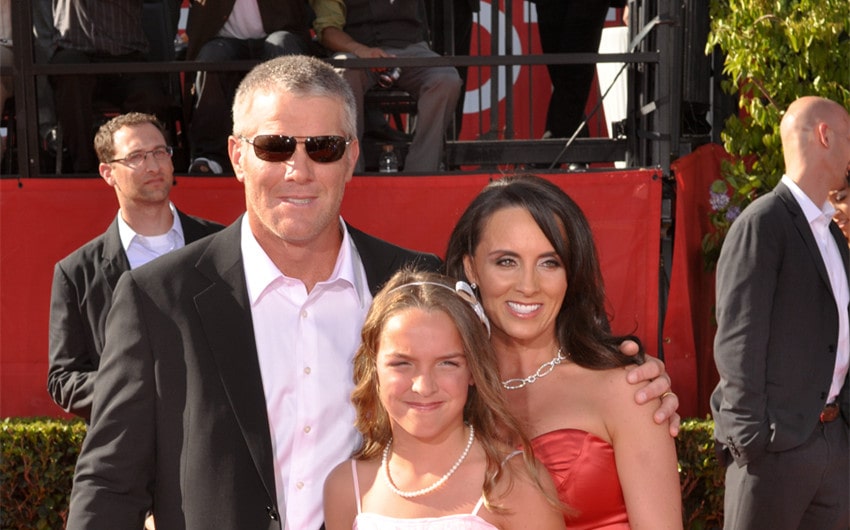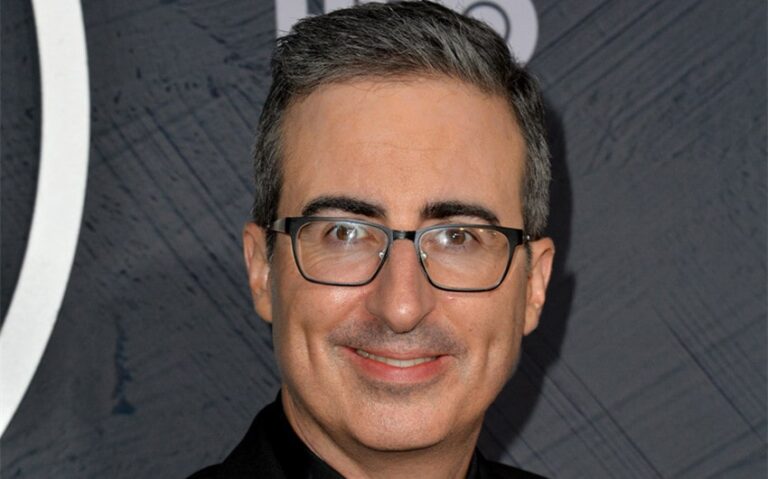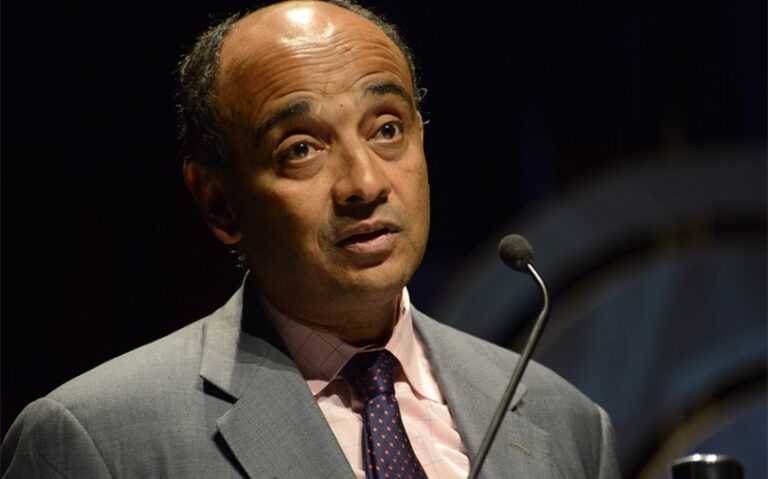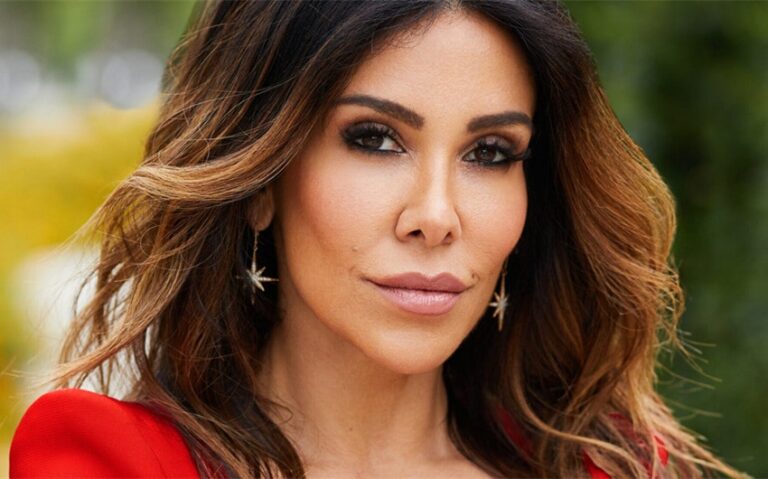What’s Brett Favre’s Net Worth? Myths, Facts, and the Real Story Behind It
What’s Brett Favre’s net worth? If you’ve read headlines, seen celebrity finance blogs, or followed NFL icons over the years, chances are you’ve come across conflicting reports—some saying he’s a multimillionaire still pulling in big bucks, others claiming scandals have wiped out his wealth. But what’s the truth? As of 2025, Brett Favre’s net worth remains a topic of curiosity and confusion, influenced by his legendary NFL career, major endorsement deals, smart business ventures, and public controversies. Let’s clear the air and separate the myths from the financial facts.
Myth: Brett Favre Is a Billionaire Quarterback
It’s not uncommon to stumble across headlines or YouTube thumbnails declaring Brett Favre a billionaire—or at least in the same financial league as Elon Musk or Tom Brady. These exaggerated claims often stem from internet rumor mills or sites that don’t distinguish between income, endorsement deals, and actual net worth.
While Favre’s name is synonymous with NFL greatness, billionaire status is a stretch—an enormous one. Most NFL players, even at Hall of Fame levels, don’t come close to that threshold. Unlike team owners or serial entrepreneurs, professional athletes typically have a limited career window to earn, and their income depends heavily on contracts, endorsements, and how well they manage their money after retirement.
Favre earned plenty during his time, but not at the scale you’d expect from modern quarterbacks pulling in $40 million a year. The financial structure of the league during his prime years was very different from today’s mega contracts.
Reality: Brett Favre’s Net Worth in 2025
In 2025, Brett Favre’s estimated net worth is around $100 million. This figure combines his earnings from his playing days, off-field endorsements, real estate, public appearances, and other ventures. While it’s not in the billionaire realm, it places him among the wealthiest former athletes in NFL history.
Favre made over $140 million in salary alone during his NFL career, which spanned 20 seasons. His longest tenure was with the Green Bay Packers, where he cemented his legacy and saw his most lucrative seasons. After that, he added more income during short stints with the New York Jets and Minnesota Vikings.
What sets Favre apart from many retired players is how diversified his income streams became—he didn’t rely solely on his NFL paychecks. Even post-retirement, his brand remained strong enough to attract endorsements and speaking gigs, ensuring that money continued to flow long after he left the field.
Myth: Most of His Wealth Comes from His Playing Career
Given Favre’s impressive career earnings, it’s easy to assume that most of his wealth stems directly from his time on the field. But that’s not entirely accurate. While his salary formed a solid foundation, a significant portion of his net worth today comes from sources that extend beyond football.
When Favre played, NFL contracts weren’t as inflated as they are today. For example, in the mid-1990s, his salary hovered around $4 to $6 million annually—strong numbers then, but not massive by current standards. His biggest contracts came later, including a two-year deal worth around $25 million with the Minnesota Vikings in 2009.
Still, by the time taxes, agent fees, and lifestyle expenses are deducted, that money—while substantial—only makes up part of the full picture. The rest comes from what he did with his fame and name once his helmet was off.
Reality: Endorsements Played a Huge Role
Favre’s rugged charm and all-American persona made him a marketer’s dream. He built one of the most recognizable personal brands in sports, especially during the 2000s. He became a face for Wrangler Jeans, appearing in commercials that celebrated authenticity and blue-collar values. That campaign alone ran for years and kept him visible to sports fans and everyday consumers alike.
In addition to Wrangler, Favre endorsed Nike, MasterCard, Prilosec, and Copper Fit, among others. Each of these partnerships brought in additional millions—and more importantly, they kept his name relevant even after he stepped off the field. By some estimates, Favre earned over $10 million in endorsement income during and after his playing years.
Endorsements also gave him financial stability that many retired players don’t enjoy. Rather than burning through savings or scrambling to reinvent himself, Favre remained in demand for his image and connection to the sport’s golden age.
Myth: Retirement Ended His Income Stream
There’s a common belief that athletes retire and their income drops off a cliff. It’s true that for many, stepping away from pro sports means waving goodbye to regular paychecks. But Brett Favre isn’t just any athlete—and his financial blueprint didn’t end when his cleats came off.
In fact, for someone with his stature, retirement opened new doors. Favre became a sought-after motivational speaker, commanding five-figure fees per event. He made appearances at sports expos, corporate functions, and even faith-based gatherings, speaking on leadership, perseverance, and his storied football career.
He’s also invested in a range of business ventures, including technology startups and sports equipment companies. While not all of these have been publicly disclosed or wildly successful, they represent ongoing cash flow and potential long-term gains. Real estate has reportedly been another area of interest for him, further diversifying his portfolio.
Reality: Investments, Speaking Engagements, and Business Ventures Keep the Cash Flowing
Favre’s ability to leverage his name into post-football ventures is a key reason why his net worth remains strong. In addition to endorsements and speaking engagements, he has dabbled in media commentary and small business ownership.
For example, Favre invested in Prevacus, a biotech company focused on concussion treatments—a natural fit given his personal experience in a high-impact sport. Though the business ran into legal and political scrutiny tied to other issues (more on that shortly), the investment reflects Favre’s interest in capitalizing on his experience to support relevant innovations.
He has also co-owned restaurants, participated in real estate developments, and been involved in philanthropic work. Each of these efforts adds to both his financial profile and public image, helping him remain a valuable figure in sports culture.
Myth: The Mississippi Scandal Destroyed His Net Worth
One of the biggest misconceptions about Brett Favre’s financial status is that the Mississippi welfare scandal “ruined him” or “bankrupted” him. While the controversy certainly impacted his public reputation, reports of financial ruin are not grounded in reality.
The scandal, which broke in the early 2020s, involved misallocated state welfare funds that were allegedly funneled toward a volleyball facility at the University of Southern Mississippi—Favre’s alma mater, and where his daughter played volleyball. Text messages and documents revealed Favre’s communication with officials about the funding, prompting legal scrutiny and public backlash.
Critically, while Favre has been named in lawsuits and has repaid a portion of the funds he received for speaking engagements that reportedly never occurred, he has not been criminally charged as of 2025. The legal fees and reputational damage are real—but they haven’t erased his net worth.
Reality: The Scandal Damaged His Reputation, Not His Fortune
It’s true that Favre’s image has taken a hit. Brands that once featured him prominently have grown quiet, and social media critics continue to circulate the story. But when it comes to dollars and cents, Favre’s wealth is largely intact.
Legal costs, settlements, and potential fines may chip away at the margins, but they aren’t enough to topple a fortune estimated at $100 million. Unless further developments impose massive penalties, Favre’s wealth remains stable due to smart financial planning and passive income from years of brand-building.
Moreover, the scandal hasn’t stopped him entirely from making public appearances or commanding fees for private events. While some endorsement opportunities may be gone, his wealth doesn’t depend on staying in the limelight.







